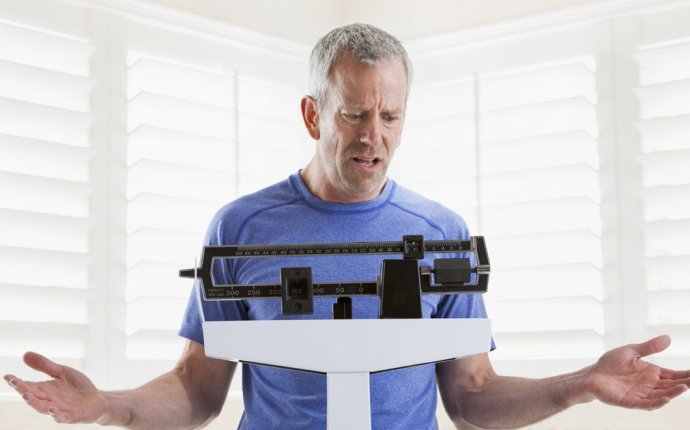
Building muscle while losing weight
When people say they want to learn to eat healthily, it’s often for one (or more) of the following reasons:
- Losing weight
- Gaining muscle
- Getting healthier
Those are all good reasons, and in fact I’ve done all three (usually two at once). Let’s take a look at how the Mindful Diet and healthy eating can be used to further these goals.
Losing Weight
If you’ve gained too much weight over the years, it usually happens gradually, sometimes so slowly that it takes awhile before you realized it happened. That means it will take awhile to lose that weight too.
The weight was gained through unhealthy eating habits — eating too much (portion sizes), eating fat-laden and fried food that’s high in calories, eating too many sweet snacks, drinking calorie-heavy beverages, etc. And so to lose the weight, you can’t just go on a diet and try to drop it quickly. You have to address the causes, which are the eating habits (and the emotional triggers that the habits are tied to).
The Mindful Diet tries to help you address that by focusing first on mindful eating. That helps you to understand how big the portion sizes are that you’re eating, as well as what you’re eating that might be unhealthy, what calorie-rich drinks you might be gulping down throughout the day, what emotions might be triggering the unhealthy habits.
That helps you to change the habits, slowly over time. Don’t try to change them all at once, or you’ll be unlikely to stick to it for long. Also be sure to find healthier ways to deal with your emotional triggers, and form new healthy habits for each trigger (taking a walk when you’re stressed, for example).
Mindful eating also helps you to eat more slowly, and be more in tune with your body’s hunger signals. That means you’re more likely to stop when you’re sated, not eat too much, and thus gradually lose weight.
Losing weight is not actually most people’s goal, though (even if they think it is). When you drop pounds on the scale, it might seem encouraging, but you’re likely losing a combination of fat, muscle and water weight. The water weight is usually temporary (and can be gained back quickly). The muscle is something you probably don’t want to lose — muscle is a good thing to have (it does things like helps you walk and move things around).
What you really want to lose is fat, and that means reducing calories while retaining the muscle. The best way to retain muscle is strength training — bodyweight exercises are good for beginners, and as that gets easier you’ll want to add resistance with weights. Aim for the fundamental compound exercises: squats, lunges, deadlifts, bench press/pushup, pullup/chin-up, dips, rows — using your bodyweight, dumbbells or barbells as appropriate.
As for reducing calories, that’s usually much easier if you have a lot to lose — when you start eating mindfully, slowly, healthier and less, you start dropping the pounds (hopefully fat) quickly. But it then gets a bit harder, because as you lose weight, your body needs fewer calories just to maintain its new weight — and so the calorie level that used to be a deficit is now your maintenance level. So you’ll need to drop the calories even more if you want to continue losing. A good way to do that is to come up with a meal plan that calculates your calories (lots of good sites out there that do this).
Over the long term, reducing calories and incorporating some kind of strength training will help you lose fat. But again, you have to start by focusing on the habits that got you overweight in the first place, and changing them to healthier ones.
Gaining Muscle
But what if your goal isn’t to lose weight, but to gain some muscle? Perhaps you’re skinny and want a little meat on your bones? Similar to losing weight, you can’t just add calories and expect it to come out muscle. Lots of it will be fat too.
So how do you gain muscle? Well, it will take more calories than you’ve been eating — most people who are skinny and don’t think they can build muscle are people who don’t eat enough to grow muscle. Growing muscle takes calories, and a bit more protein than you normally need. A grown man who might normally only need 60-65g of protein will need 2-3 times that to grow muscle (start with 2 times as much, and increase if it’s not working after a month). You’ll want to have 500-750 calories more than your maintenance level on workout days.









